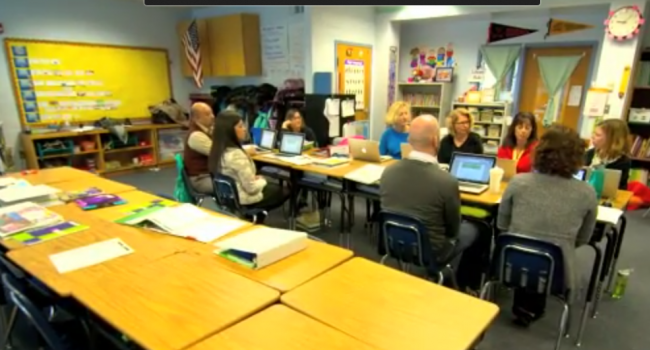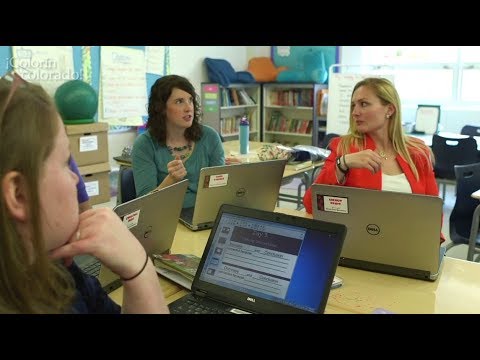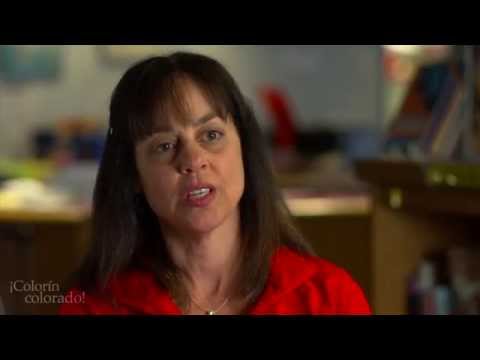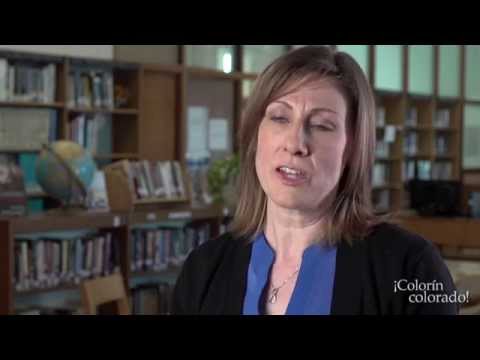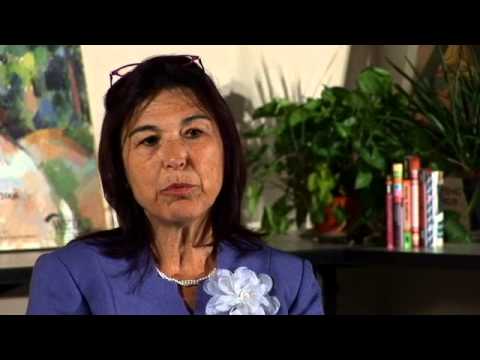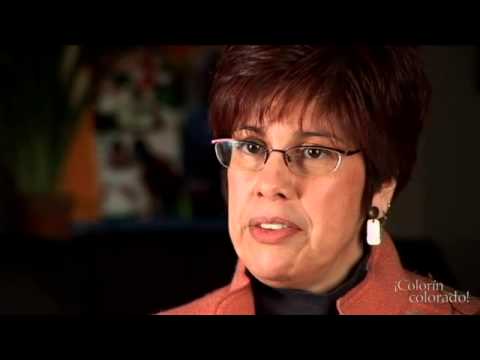The Role of ESL Teachers

ESL teachers have a variety of important roles in their schools and districts. Some may be assigned to a specific grade or students, while others travel from building to building each day. Learn more about the unique opportunity that ESL teachers have to collaborate, advocate, and lead their colleagues in the resources below. For information about ESL teachers' role in the implementation of the Common Core State Standards, see our related resources.
A note about terminology
ESL (English as a Second Language) teachers may have a variety of titles, including English Language Learner (ELL), English Language Development (ELD), English for Speakers of Other Languages (ESOL), or English as a New Language (ENL) teachers/specialists.
What You'll Find in This Section
Collaboration on behalf of English language learners (ELLs) can take many forms - sitting together to talk about a lesson, a quick chat in the hallway, or sharing an article from Colorín Colorado! These resources offer ideas from educators who started from scratch in building collaborative relationships and highlight the secrets of their success.
Collaboration and Co-Teaching on Behalf of ELLs
One important role that ESL teachers can play in their school is leading professional development for colleagues, including administrators, classroom teachers, content-area teachers, and school staff. These resources offer some ideas on choosing topics for professional development and making this responsibility a manageable part of the schedule.
Leading Professional Development
Educators of English language learners (ELLs) are important advocates for their students — and may be their students' only advocates. These resources help educators understand that role and offer ideas about where to start as advocates.
For some additional ideas, take a look at the archive of our Facebook Live event on advocating for ELLs, featuring Dr. Diane Staehr Fenner!
Advocacy & Leadership
One of the most important steps that ELL specialists can take to improve collaboration is to help colleagues and administrators better understand their expertise. These resources share a number of examples from educators on how to start that conversation.



